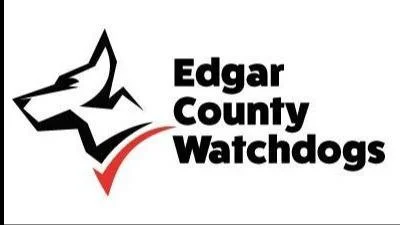Don’t believe myths about heart disease | https://effinghamcountychamber.com/
Don’t believe myths about heart disease | https://effinghamcountychamber.com/
Don’t believe myths about heart disease
It’s easy to find plenty of myths about heart health. Maybe you’ve read some of them and have wondered if they’re true. These misconceptions can have serious consequences. During Heart Month, cardiologists at Prairie Heart Institute encourage the community to take heart disease seriously and not ignore warning signs.
Here are some common myths about heart health, along with the facts you need to know:
Myth #1. I’ll know it if I have heart disease.
Fact: “For many people, their first sign of heart disease is a heart attack,” says Dr. Marc Shelton, cardiologist and chief clinical officer of Prairie Heart Institute. “Some factors that contribute to heart disease and heart attacks—such as high blood pressure and high cholesterol—often don’t cause symptoms. That’s why it’s important to see your primary care provider and get recommended screenings for these and other heart disease risk factors.” Knowing where you stand helps you take charge of your heart health.
Myth #2. I’m too young for heart disease.
Fact: People of all ages can have heart problems. While your risk for heart disease increases the older you get, being young doesn’t make you immune.
For example, many people are born with heart conditions. And many people have a family history of early heart disease. You can’t change your family history, obviously, but you can take steps at any age to keep your heart healthy. Among them: Don’t smoke; control your cholesterol, blood pressure and blood sugar; eat a well-balanced diet low in artery-clogging saturated fat; exercise regularly; and maintain a healthy weight.
Myth #3. Women don’t have to worry about heart disease.
Fact: About 1 in 5 U.S. women dies from heart disease. It’s the leading killer of both women and men. It’s a bigger threat to women than even breast cancer.
Myth #4. Heart attacks always involve intense chest pain.
Fact: Chest discomfort is a common symptom. But it’s not the only one, and it may be only mild. Other potential heart attack symptoms include shortness of breath; nausea; lightheadedness; or discomfort felt in one or both arms, the jaw, neck or back. If you even suspect you or someone else might be having a heart attack, call 911.
Myth #5. People who’ve had a heart attack shouldn’t exercise.
Fact: Being physically active is an important part of heart attack recovery. Along with other lifestyle changes, like eating a healthy diet, exercise may help you live longer. But it’s important to choose activities that are right for you. If you’ve had a heart attack or another heart problem, ask your doctor about joining a cardiac rehabilitation program where you can learn to safely exercise and take care of your heart.
To learn more about the doctors of Prairie, call 888-4PRAIRIE or visit www.Prairieheart.org.
##
About Prairie Heart Institute of IllinoisThe Prairie Heart Institute of Illinois (PHII) is a community-based network of hospitals that offers cardiovascular programs staffed by the nationally recognized Prairie Cardiovascular, the largest group of cardiologists in the tri-state region. Because of the Prairie Education and Research Consortium (PERC), network hospitals of PHII also have access to drugs and treatments not widely available. The network hospitals of PHII offer the highest level of cardiovascular care possible in their communities. When more specialized care is needed, it is available in Springfield, O’Fallon or Carbondale.
Original source can be found here






 Alerts Sign-up
Alerts Sign-up